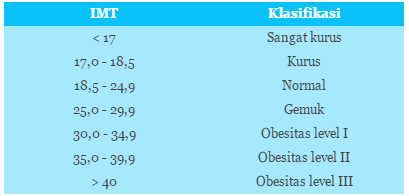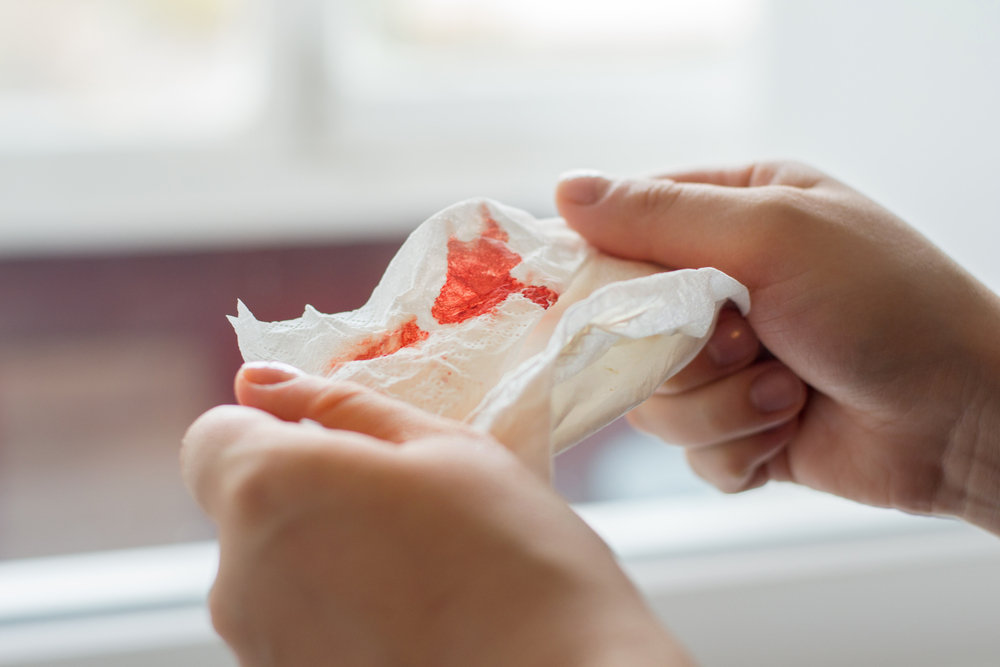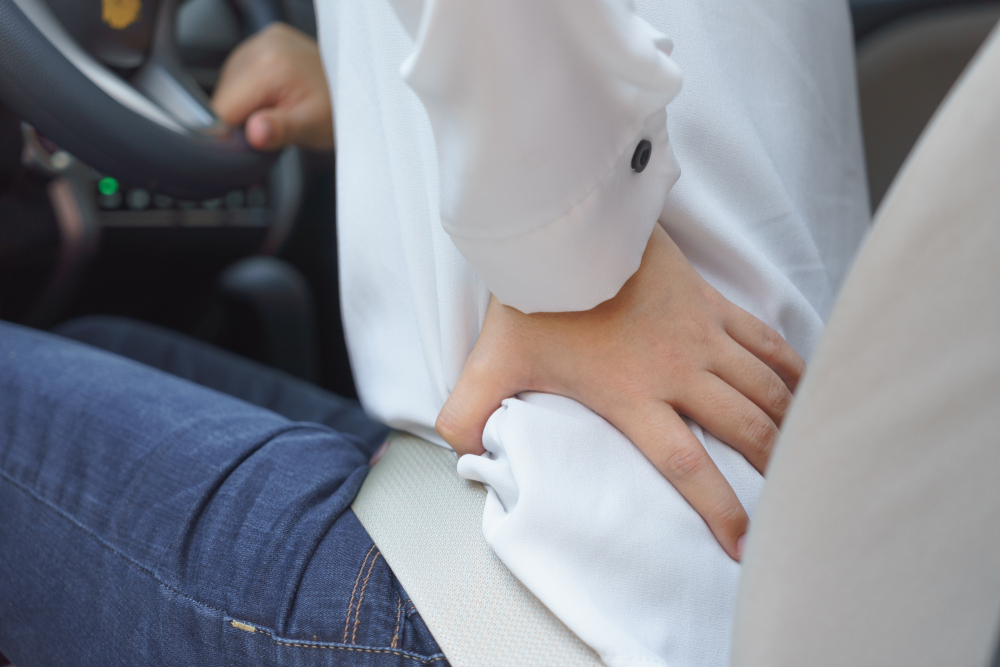Contents:
- Medical Video: Nutrition & Vitamins : Does Alli Work?
- How do Alli pills work?
- How much weight will be reduced?
- Is this pill right for you?
- How do you use this medicine?
- Who can't consume Alli?
- What are the side effects of Alli pills?
Medical Video: Nutrition & Vitamins : Does Alli Work?
Alli pills (orlistat) are over-the-counter drugs that are used to help people lose weight. This pill is intended for adults who have excess weight at the age of 18 and over who also follow a calorie and low fat diet. With easy access and promising weight loss, are you sure that Alli pills are the right way to get your ideal weight? To get the answer, let's look at the various explanations below!
How do Alli pills work?
Alli pills help you lose weight by reducing the amount of fat that is absorbed in your intestines. It inhibits the hard work of lipase, an enzyme found in the digestive tract helps break down food fat into smaller components, so that it can be used or stored for energy. So, when you take pills with food, about 30% of the fat you consume is not broken down and eliminated through bowel movements.
How much weight will be reduced?
Alli pills can help you lose weight, but the amount of weight you lose is normal, maybe just a few pounds more than just dieting and exercising. In a review of 2104 clinical trials, researchers assessed the effects of long-term weight loss pills in at least one year. The result is people who go on a calorie diet and exercise, while consuming Alli, lose about 2.5 kg more weight in one year than people who only go on a diet and exercise.
Is this pill right for you?
If you are overweight, and your diet and exercise do not work for you, you should talk to your doctor about a weight management program that involves regular exercise and eating. To determine whether you are overweight, you can calculate the body mass index (BMI) using the formula:

How do you use this medicine?
One Alli pill of 60 mg can be consumed three times along with food intake. Daily fat should be distributed to 3 main foods and should not exceed 30% of total calories. Manufacturers recommend around 15 grams of fat per serving. If you don't eat foods that contain fat, then you don't need to take Alli pills. If you also eat foods that are high in fat with Alli, you will get more severe gastrointestinal side effects.
Alli can reduce the absorption of fat-soluble nutrients, including beta carotene and vitamins A, D, E, and K. Take a multivitamin at bedtime and at least two hours after the last dose of your Alli pill.
Who can't consume Alli?
Alli can interact with certain drugs, it can affect their levels or function, and that can threaten your life. Consult your doctor if you take warfarin (blood thinner), diabetes, thyroid medication, or other weight-loss drugs. In some cases, your dose may need to be adjusted.
Don't consume Alli, if:
- You have had an organ transplant. Alli can interfere with drugs used to prevent transplant rejection.
- You take cyclosporine.
- You are not overweight.
- Having food intake problems.
- You are pregnant or breastfeeding.
What are the side effects of Alli pills?
Gastrointestinal side effects associated with digestible fat through your digestive system. They generally subside over time. These side effects include:
- Abdominal pain or discomfort
- Oily liquid dirt from the anus
- Gas with oily liquid impurities
- Oily dirt
- Defecate more often
- Uncontrolled defecation
Other side effects include:
- Headache
- Back pain
- Upper respiratory tract infection
Diarrhea and other changes in bowel movements are the most common side effects of Alli. Symptoms usually occur within the first few weeks of treatment then leave. However, that can continue. Call your doctor if you experience the above symptoms, and when the symptoms get worse and will not stop.
READ ALSO:
- Fat Blocker Supplements: Really Can Help Lose Weight?
- 7 Healthy and Effective Ways to Increase Weight
- 10 Tips for Returning to Ideal Body Weight After Childbirth













